Senate in Shambles Over Dress Code, of All Things
Senator John Fetterman from Pennsylvania found himself amidst a debate not typically seen in the U.S. Senate – a dispute concerning attire. This occurred when Senate Majority Leader Charles Schumer announced a relaxation of the Senate’s traditional dress code.
The change, although unspoken, was perceived by many as a nod to accommodate Fetterman’s preference for less formal attire, such as sweatshirts, hoodies, and shorts.
Fetterman’s Attire Sparks Discussion
Senator Fetterman, who is known for his casual dress code, became the subject of conversation after the Senate’s dress code was relaxed.
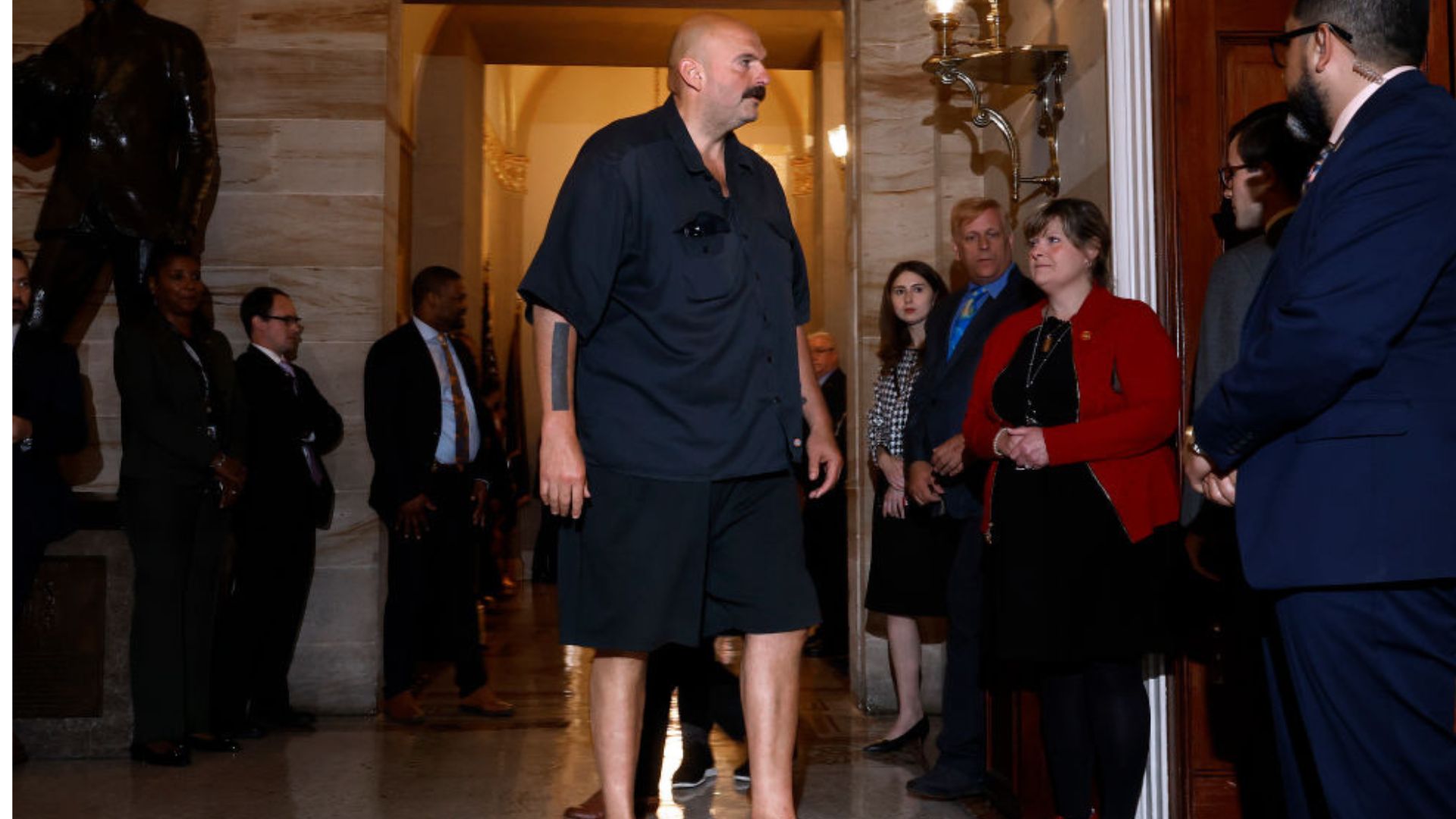
Source: Getty Images
He was publicly scrutinized, not for his policy positions or legislative actions, but rather for his choice of clothing. The Senate’s decision to relax the dress code stirred a conversation that transcended the usual political discourse and entered into a cultural dialogue.
Bipartisan Opposition
The relaxed dress code was met with opposition from both sides of the aisle. Prominent figures, including Senator Joe Manchin, were reported to be in disapproval of the change.
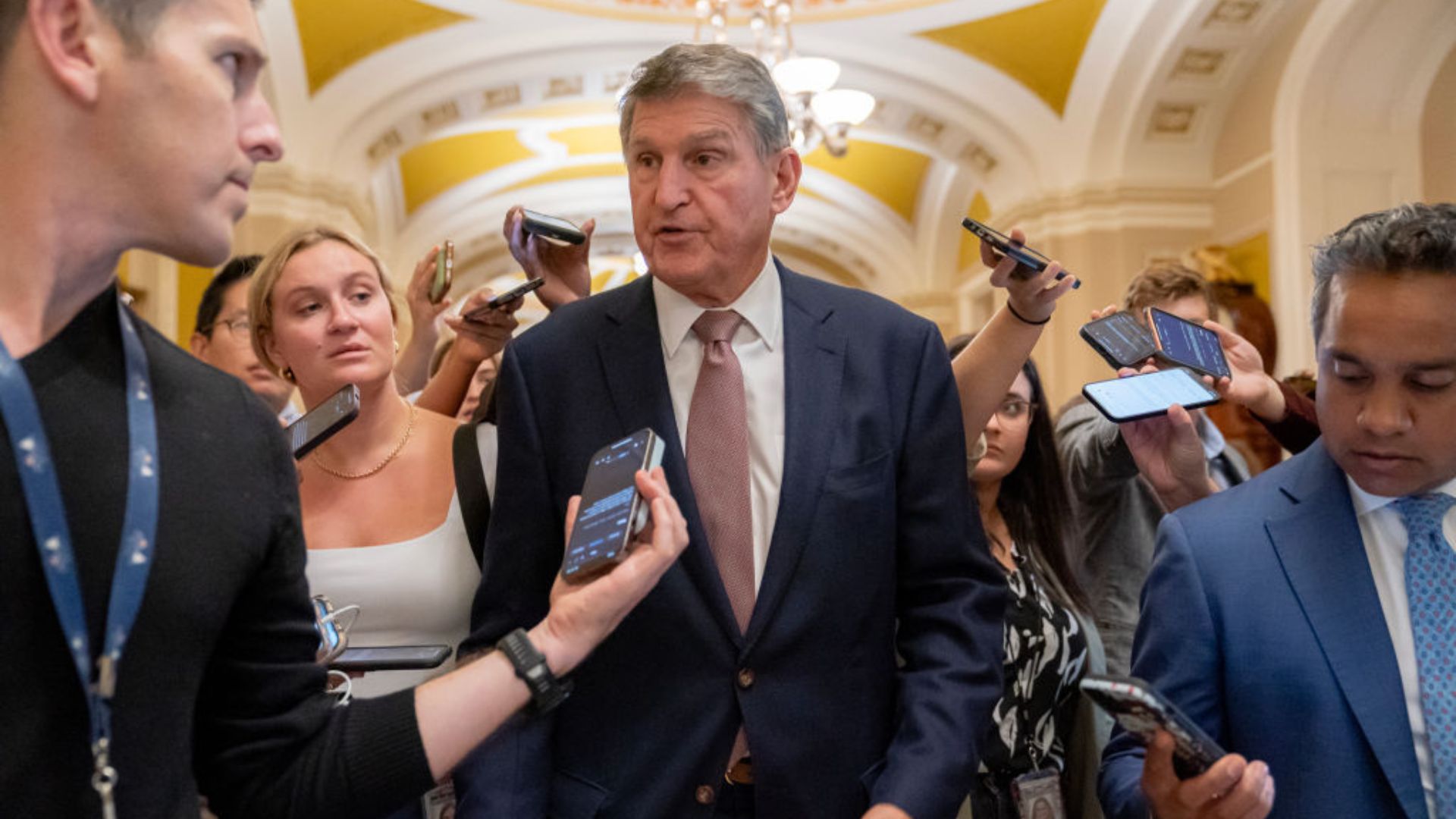
Source: Getty Images
This opposition culminated in a collective effort to review the relaxed standards. Schumer, who initially facilitated the relaxation of the dress code, acknowledged the overwhelming sentiment for a more formal dress code.
Reinstatement of Formal Attire
The Senate, within two weeks, unanimously agreed to reinstate a formal dress code, marking the end of the briefly instated casual wear era.
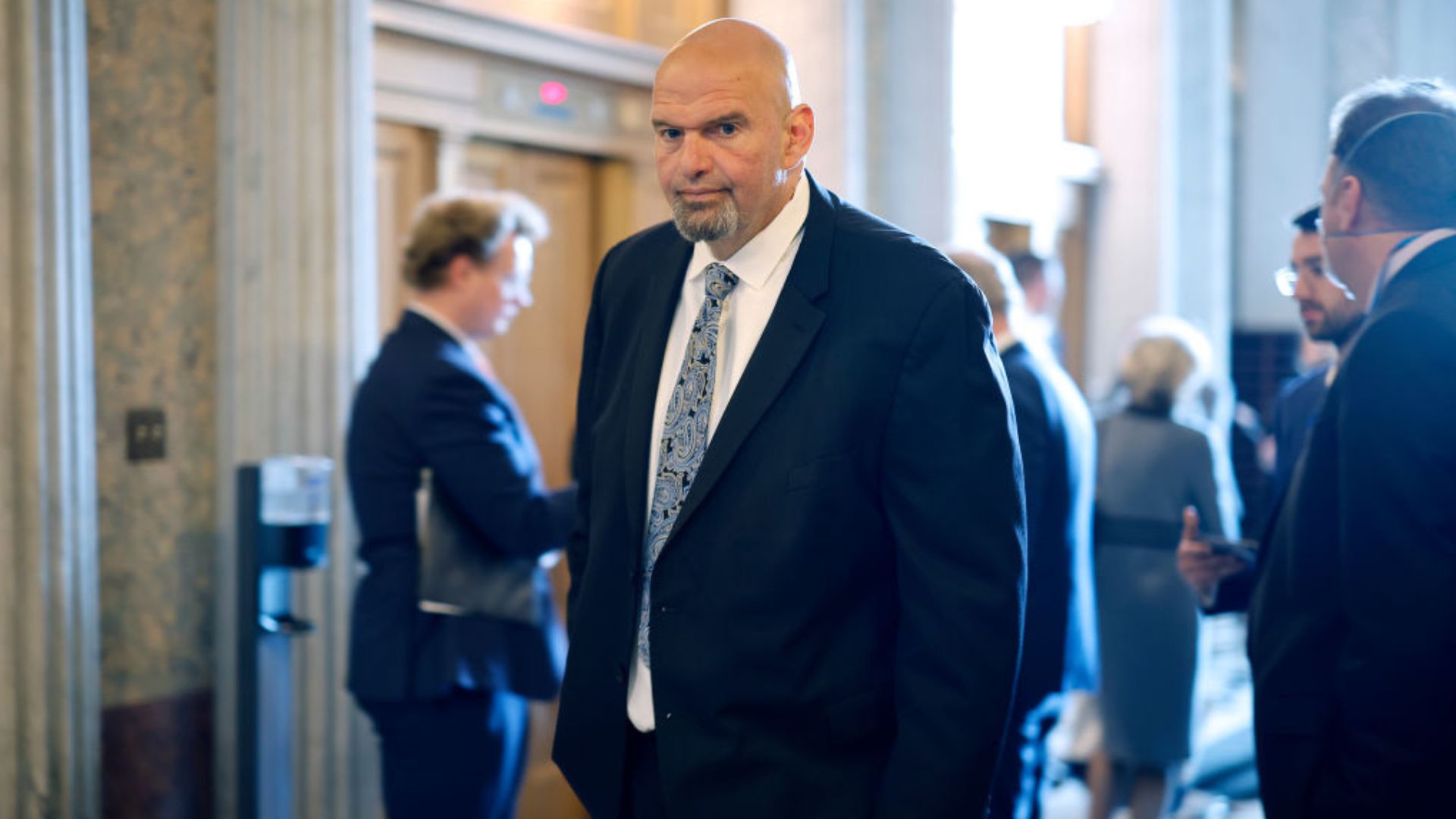
Source: Getty Images
Senators Manchin and Romney introduced the measure that reinstated formal attire. Schumer expressed his appreciation for Fetterman’s cooperation during the process and commended the leadership of Manchin and Romney in addressing the issue.
International Commentary
The conversation surrounding Fetterman’s attire caught the attention of international commentators, including Toronto Star columnist Leanne Delap.

Source: Getty Images
Delap likened Fetterman’s casual attire to that of taking out the garbage. The senator’s choice of clothing, although a domestic issue, resonated on an international scale, indicating the broad reach and impact of the conversation.
Fetterman’s Personal Brand
Fetterman’s preference for casual clothing is a well-known aspect of his public persona. His ‘everyman’ image, characterized by his choice of attire, has been a notable feature of his political identity.
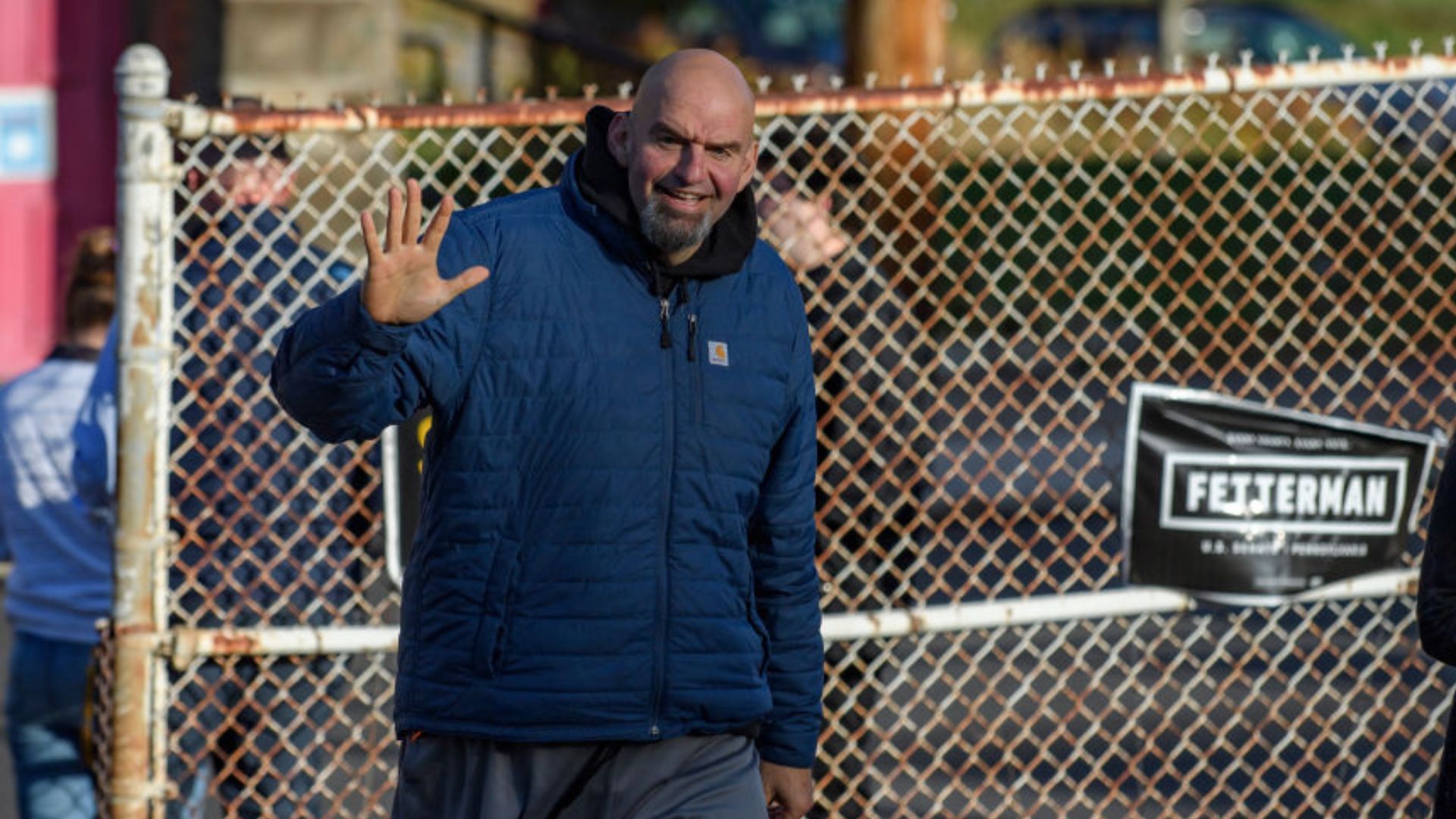
Source: Getty Images
However, this preference for casual attire stirred contention on Capitol Hill, leading to the Senate’s eventual decision to formalize an official dress code.
Fetterman’s Journey
Fetterman’s political journey, marked by personal and public challenges, including overcoming a stroke and dealing with clinical depression, has been notable.
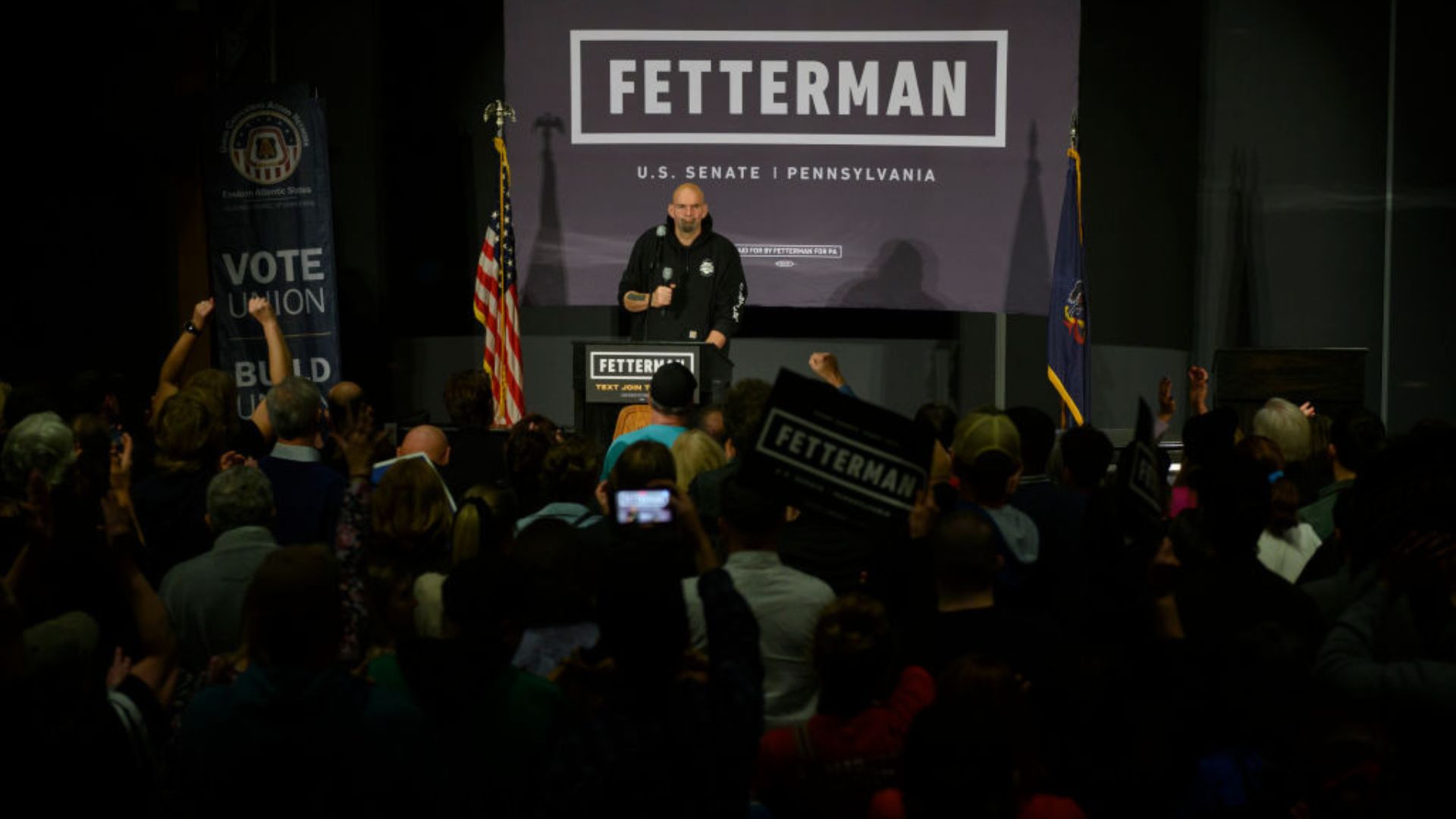
Source: Getty Images
His attire has consistently been informal, reflecting a personal style rather than a crafted political statement. This consistency has been observed throughout his political career, presenting an authentic image to the public.
Public Perception
Despite the controversy surrounding his attire, Fetterman’s popularity remains substantial.
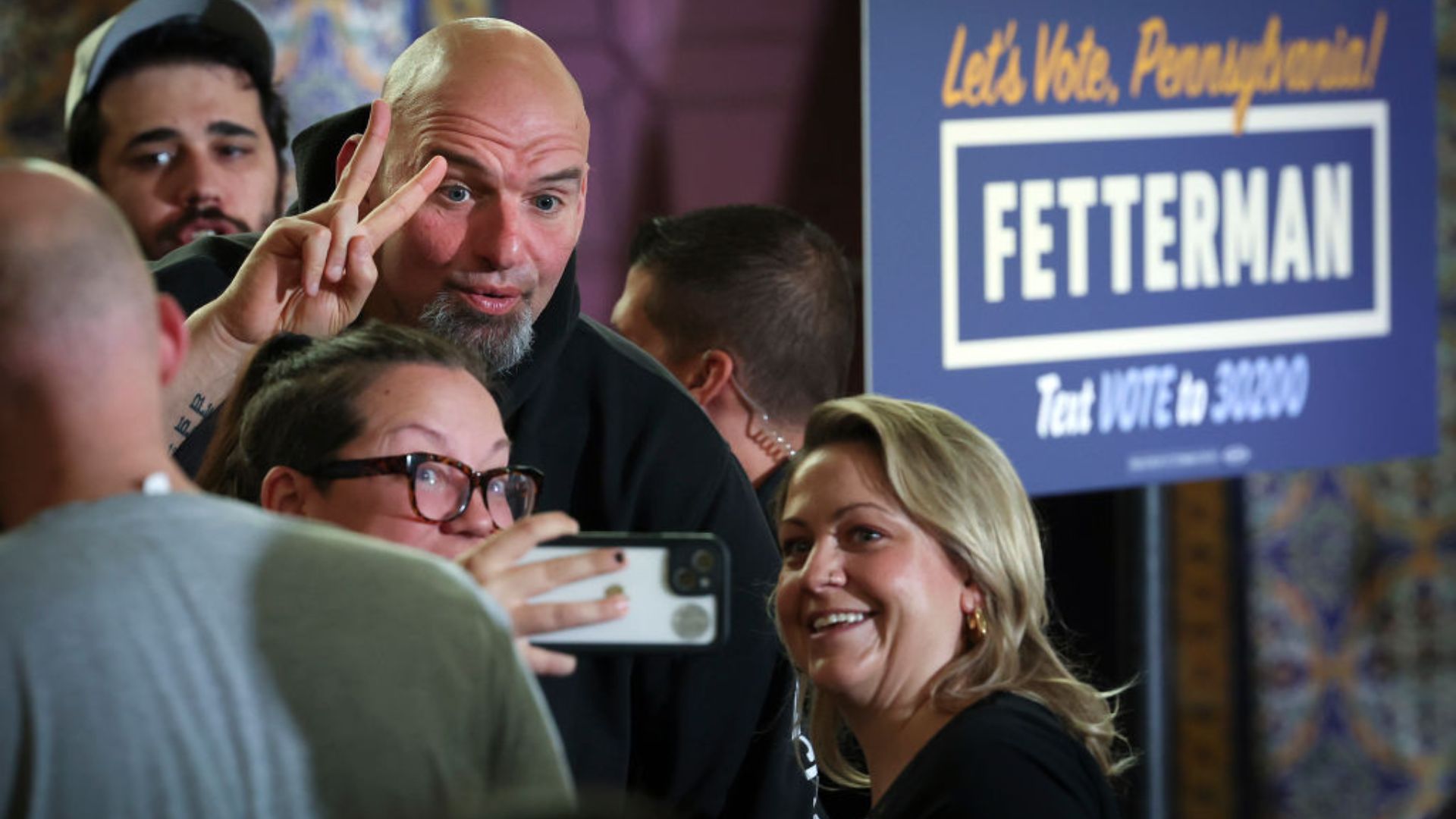
Source: Getty Images
His authenticity, marked by his ‘everyman’ image, has resonated with the public, yielding significant support in elections.
Conspiracy Theories
In the wake of Fetterman’s recovery from a stroke, conspiracy theories arose suggesting he had been replaced by a body double.
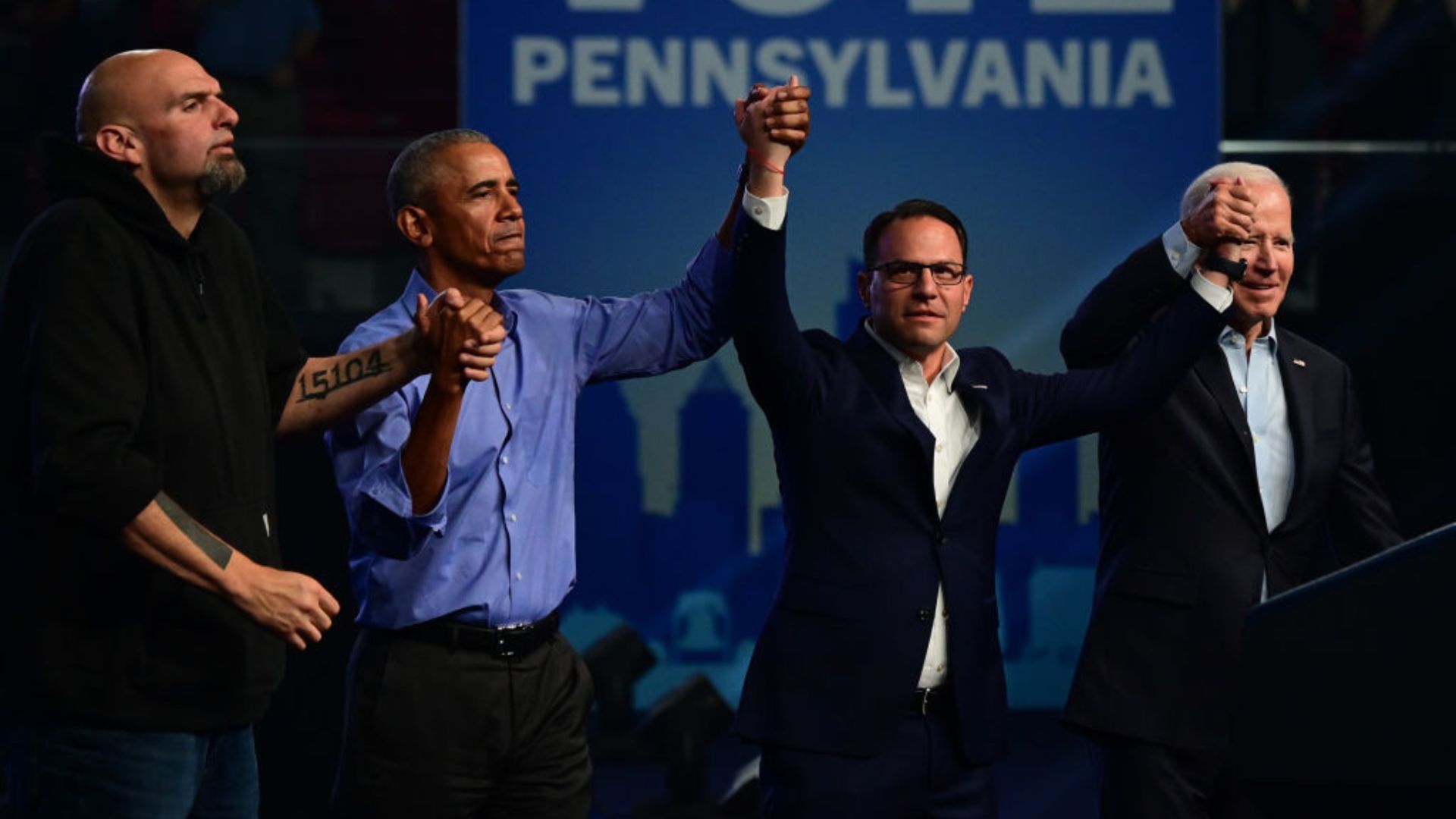
Source: Getty Images
The senator’s improved speech post-recovery fueled these theories. However, the focus of his tenure remained centered on his responsibilities and roles as a senator.
Symbolic Attire
Fetterman’s casual attire, while personal, also represented a departure from traditional norms. This shift was not just in terms of fashion but also indicative of a changing dynamic within the political landscape.
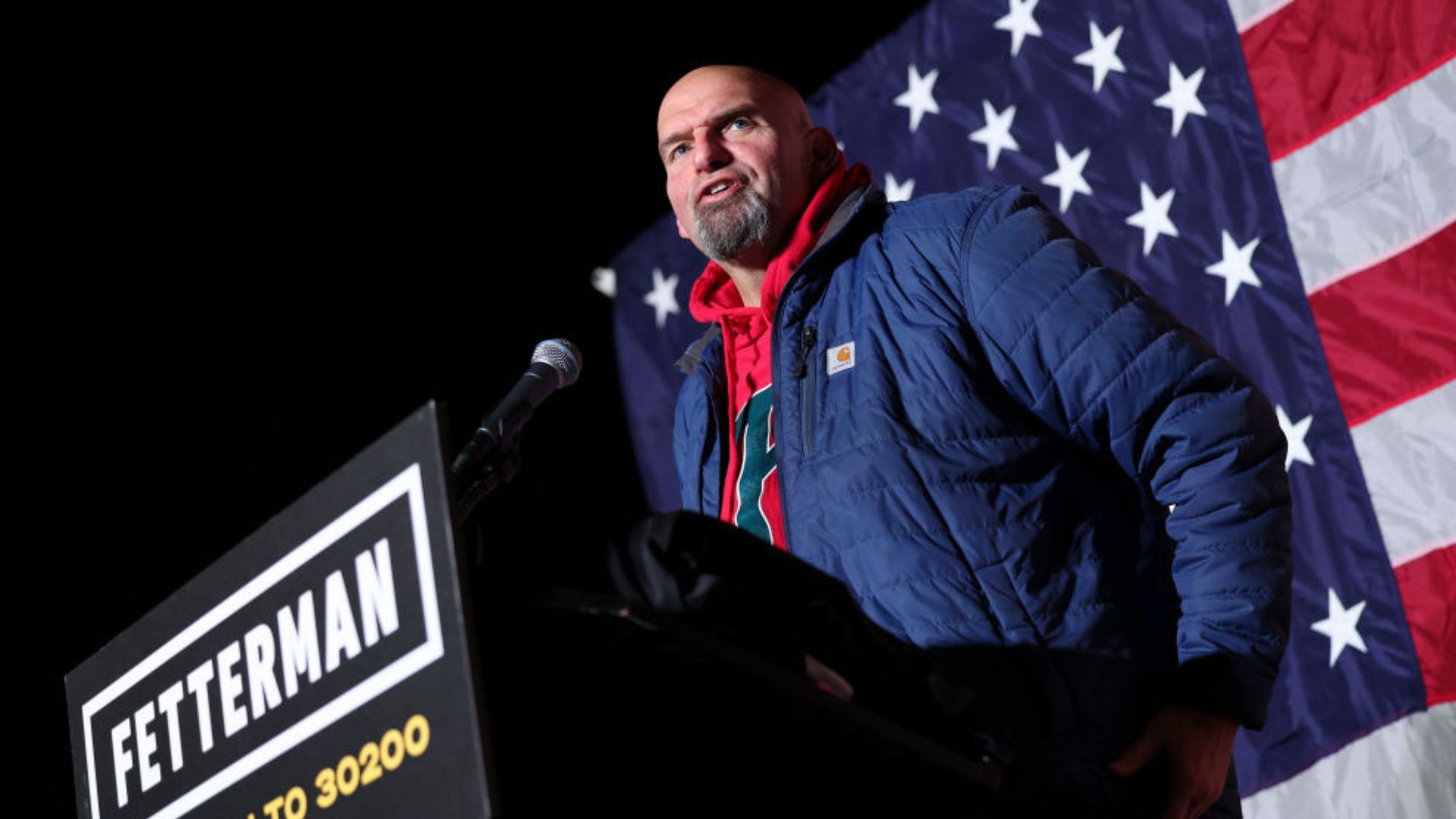
Source: Getty Images
The Senate’s unanimous decision to return to formal attire marked a collective decision to uphold traditional standards.
Formal Dress Code Reinstated
The Senate stood united in the decision to uphold a formal dress code, as evidenced by the unanimous vote. Tradition and formality were reinstated, marking the conclusion of the brief period of relaxed attire.
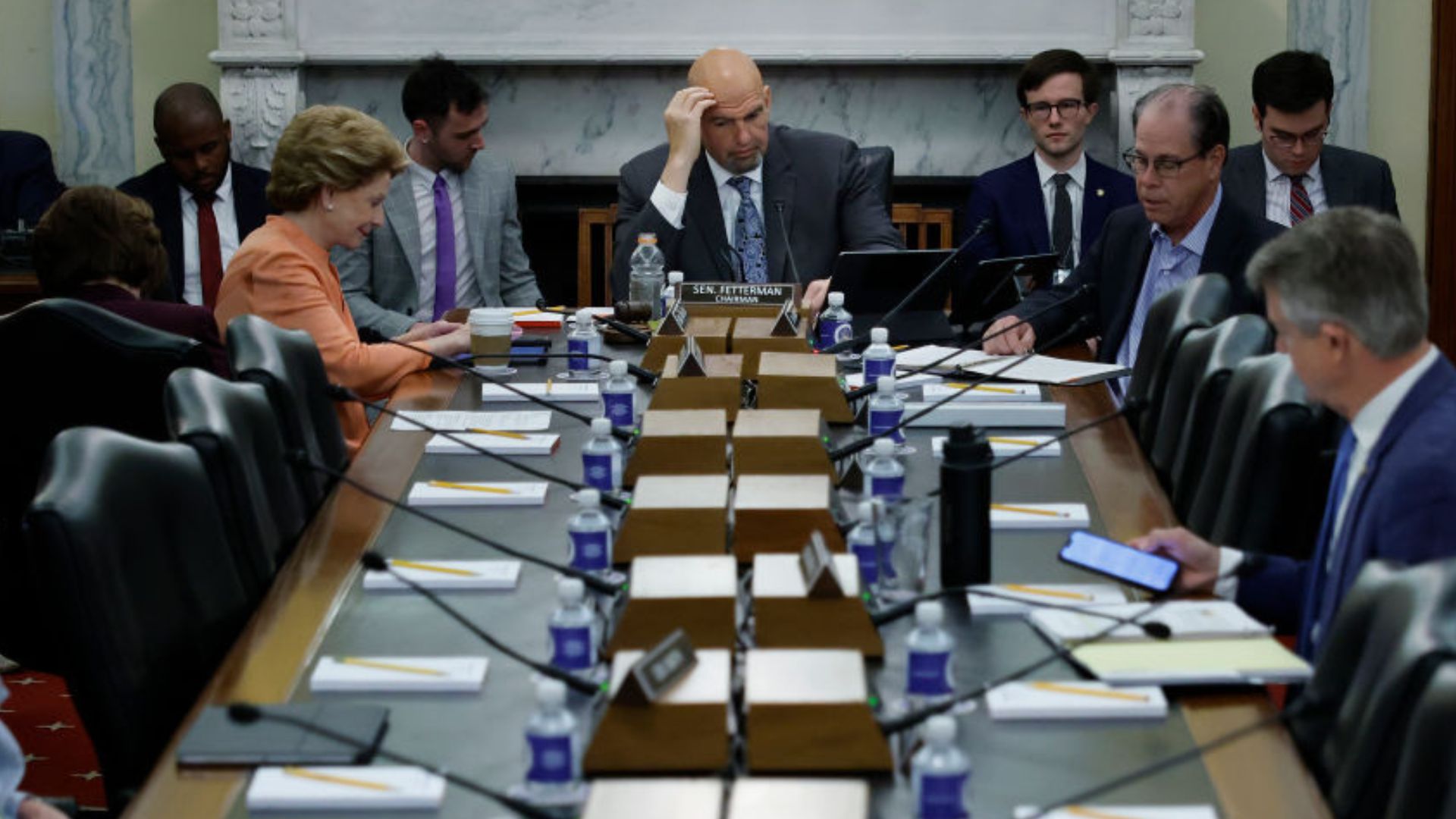
Source: Getty Images
Schumer expressed appreciation for the leadership of Senators Manchin and Romney in navigating the conversation and reaching a resolution.
Ongoing Conversations
The debate over Senator Fetterman’s attire, while resolved in the Senate, left lingering questions about the intersection of personal expression and formal traditions in political spaces.
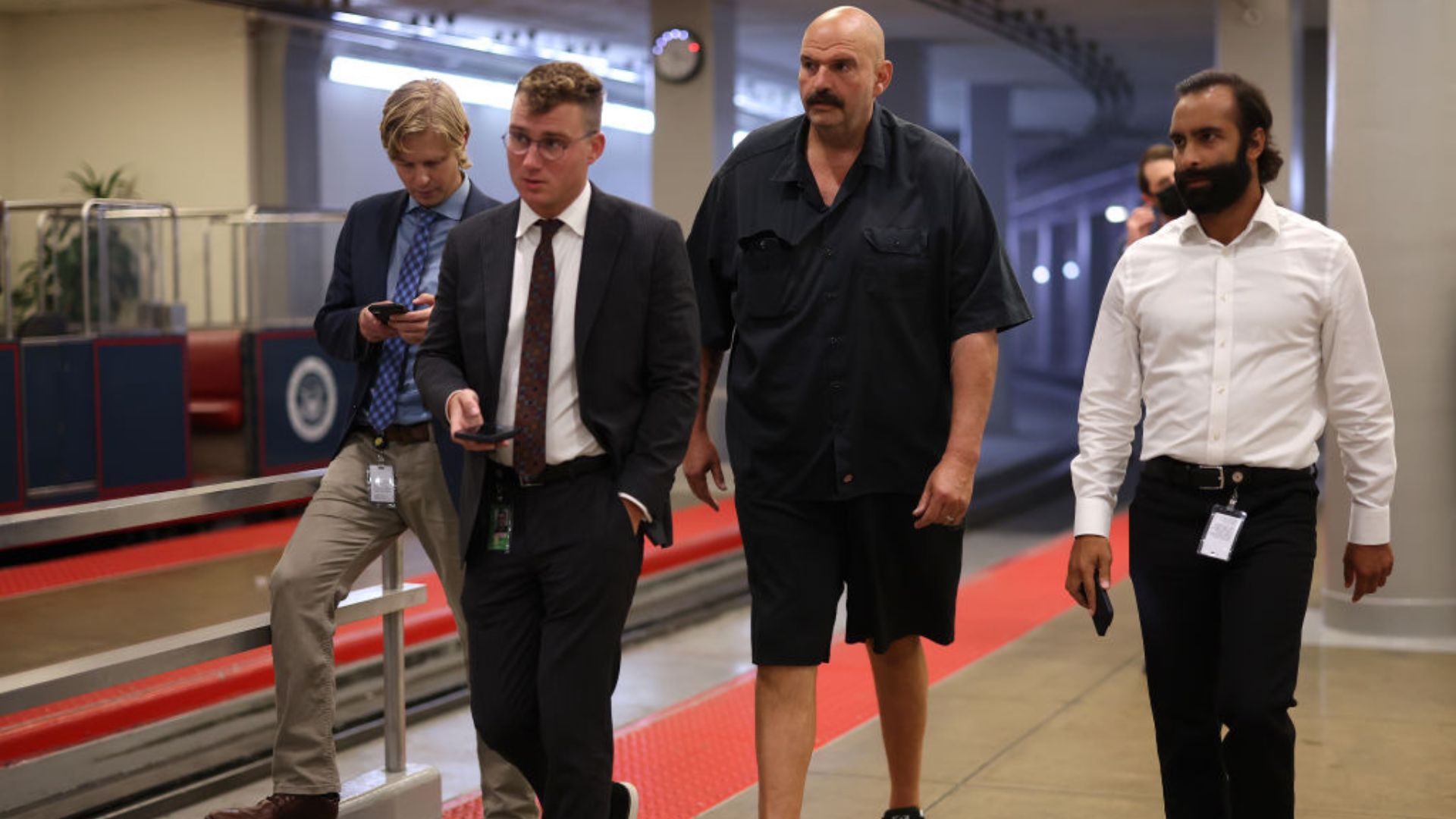
Source: Getty Images
The attire controversy, although a specific incident, ignited broader conversations that extended beyond the immediate issue, showcasing the complexity of integrating personal and public identities in political life.
